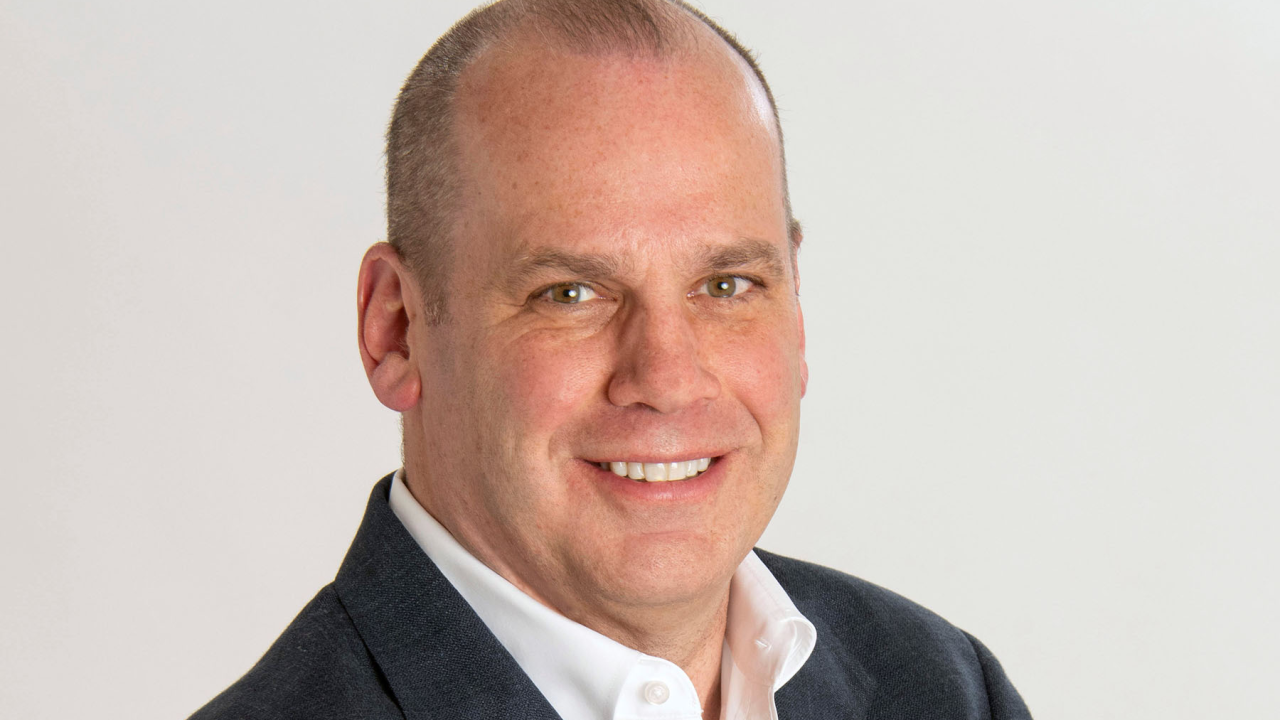Robert Fisher will begin his one-year term as chairman of the Independent Community Bankers of America with more clarity about the pandemic than that of his predecessor — but continued uncertainty over banking's competitive landscape.
A year earlier, Noah Wilcox
Though the pandemic is still forcing everyone to alter their plans — Fisher was supposed to accept his chairmanship at an in-person conference in Hawaii — he expressed optimism during a conversation about his priorities for the next year. But Fisher still realizes that bankers are still adapting to changes that have occurred in the last year.
“I’m nervous and excited all at the same time,” said Fisher, who is also chairman, president and CEO of the $520 million-asset Tioga State Bank in Spencer, N.Y.

Community banks have been able to navigate the pandemic, Fisher said.
Smaller banks have been big participants in the Paycheck Protection Program, making nearly half of the total loans and accounting for 45% of the roughly $690 billion of volume through March 7, according to data from the Small Business Administration. And the ICBA continued to run its two-year-old
Still, the role of many bankers will evolve as customers continue to gravitate to digital channels.
“We were already shifting to recruiting more problem solvers than people handling transactions,” said Fisher, a fifth-generation community banker. “That pace of change has accelerated.”
As conditions normalize, expect the ICBA to refocus on a number of longstanding issues, including an ongoing push for taxing credit unions and regulatory reform. Fisher said he also plans to emphasize financial education over the next year.
Here is an edited transcript of the conversation.
The pandemic created challenges for all. Do you expect a return to normalcy? What’s the outlook for community banks?
ROBERT FISHER: I’m certainly optimistic that will be the case. That’s what I’ve missed the most — the travel and the interaction. I’m hopeful by summer, early fall we can get back to normal.
I think there will be a lot of opportunity. The president has said we should have vaccines for everyone who wants them by the end of May, and that makes me even more optimistic.
That’s very positive for community banks. Businesses are very eager to get back to normalized operations. I’m excited for this year and going forward beyond this year. There’s a lot of pent-up demand for recreation, entertainment, services — a lot of positives.
Logically, consumer demand would help businesses and create lending opportunities. Do you see loan growth ahead?
Yes, the pent-up demand it only going to help us and the economy rebound more quickly.
Credit quality has held up so far. What does that say about the industry?
Government stimulus definitely helped, and the PPP played a big role. But I think it speaks to the high credit quality that was in the system going into this. Banks had done a really good job managing credit risk and oversight was strong coming into this.
What are the ICBA’s priorities for 2021?
We need to shine a light on the antiquated tax subsidies credit unions enjoy. It’s just troubling that we have this uneven playing field and we intend to continue to wake up Congress. We need to open their eyes to the things like credit unions buying banks and how that works. They get to count part of the premium that they pay as capital, so they will continue to win in bidding against banks.
We also have on the priority list a common-sense, tiered regulatory system that eases the regulatory burden for community banks. We have a relationship banking model and the regulation should be geared to the risk of the institutions, not rolled downhill from how the big banks are regulated.
What’s your sense of the political climate after the November election?
It’s still a very divided political climate in D.C. But the ICBA is a bipartisan organization. We’re all about supporting candidates that support community banks and we work both sides of the aisle.
What do you see as key takeaways about the PPP?
Community banks really stepped up in 2020. But there are a few things we’d like to address with PPP that would make the program be a lot more effective.
The first issue involves borrowers who [took out a PPP] loan last year that has been forgiven. They might have been able to get larger loans [with a
We’re also seeing some businesses that are unable to qualify for a second draw because of the level of reduction in their income. We’d like to see Congress go back and look at a de minimis threshold that will help those that are right on the cusp of being able to qualify.
And there’s a grant program for “save our stages” for live venues for the performing arts. We’d like to see those venues qualify for some PPP dollars. For now, they can’t apply for PPP if they’ve received a grant. [They could be allowed to] subtract the grant amount from what they could get from PPP to prevent double-dipping. These are organizations that were very hard hit by the pandemic.
What are some key lessons learned from the pandemic?
Customers’ willingness to change in terms of online banking and technology is speeding up, and I don’t think that’s going to change after we get back to normal. I think we will only see much greater utilization of digital channels as we go forward.
That’s the big one, right? Not just for banks but a host of industries.
Yes. I chair a local hospital board, for example, and telemedicine is up exponentially.
How does this change your workforce?
We were already shifting to recruiting more problem solvers than people handling transactions. That pace of change has accelerated.
Prior to the pandemic, we had planned a new retail office. We’ve put that on hold, and I’m not sure we need a 3,000-square-foot office at this point. We’re looking at the layout and what we really need post-pandemic.
I believe we’ll have a portion for our workforce going forward that will always now work remotely. I’m anxious to bring people back, but there are folks that are very effective remotely, and I see them wanting to continue that.
Do you have a personal priority as ICBA chairman?
Financial literacy, for me, is a big priority. I see it as lacking in our country. Our bank participates in high schools and we try to help our kids in the schools. But we are always looking for new avenues, and that’s part of another priority for me, which is innovation. It’s critical for community banks to be creative. We’re actually partnering with a company that’s developed a gamified approach to financial literacy with an app.




